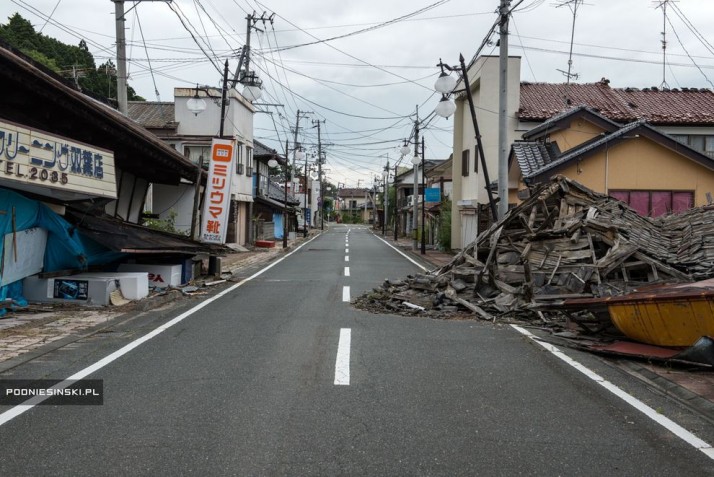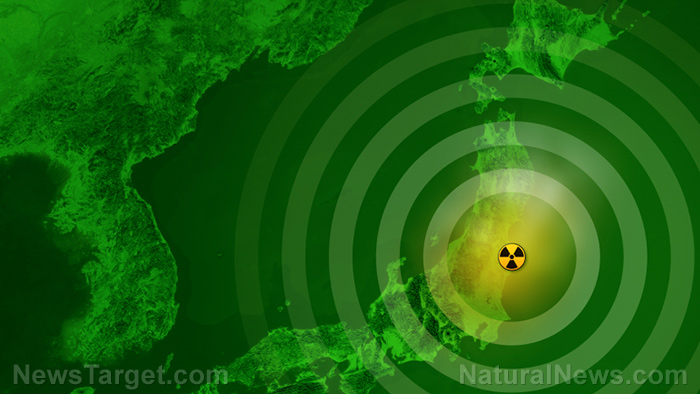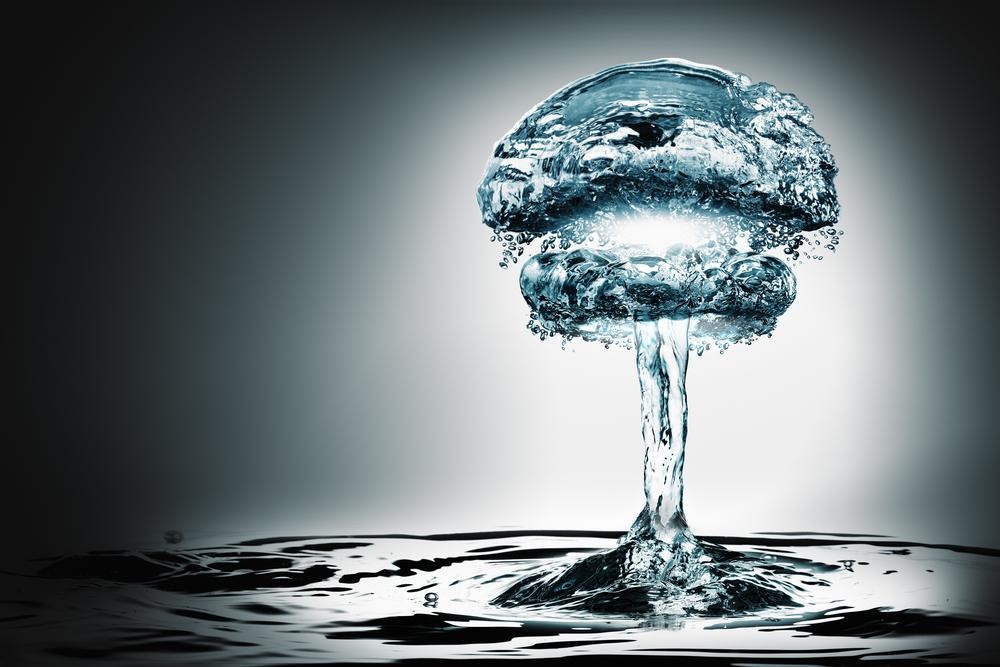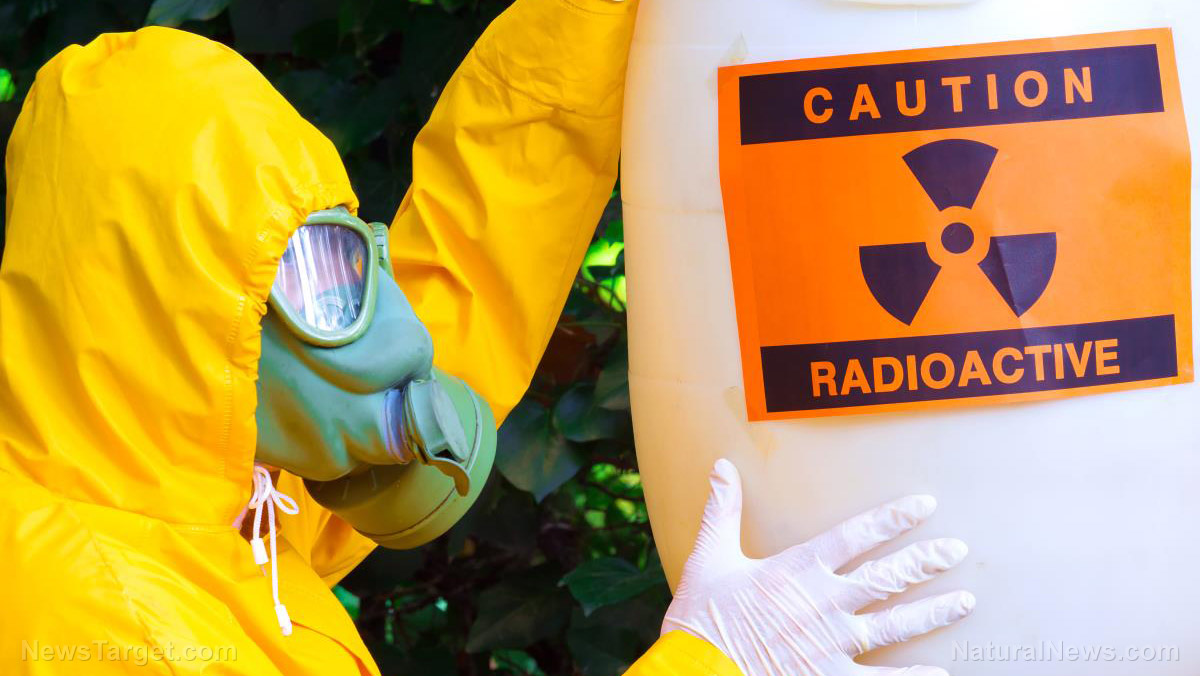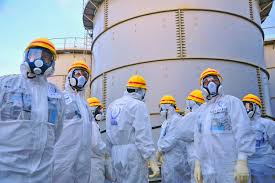Interest in nuclear power continues to grow globally, despite Fukushima disaster
12/14/2015 / By Greg White

It’s been a mere four and a half years since the 2011 Fukushima disaster; yet, interest in nuclear energy seems to have only gotten stronger. According to Yukiya Amano, Director General of the International Atomic Energy Agency (IAEA), the thirst for nuclear power has intensified, most notably in Asia.
Asia remains committed to nuclear energy, despite its obvious dangers, because of its robust economy and demand for clean energy in the fight against climate change. There are at least 30 developing countries worldwide that are gravitating towards the pull of nuclear energy. Moreover, as of today, there are approximately 440 active nuclear power plants worldwide, according to Amano.(1)
“After the Fukushima Dai-chi accident, some believed that is the end of nuclear power. It was not the case,” Amano told sources at a news conference, where he spoke to Philippine authorities about seizing nuclear energy for economic growth.(1)
“Nuclear power plants or use of nuclear power is increasing significantly,” he added.(1)
Nuclear energy is up and public approval is down
The 2011 Fukushima Daiichi disaster was the worst nuclear catastrophe since the 1986 Chernobyl meltdown. The debacle forced 100,000 residents to evacuate their homes, many of whom are still unable to return. Decommissioning the power plant has so far been a slow and tedious process, thus reigniting an old debate about whether or not nuclear energy really is a worthy investment.
Despite the fact that the majority of Japanese citizens oppose nuclear energy, the country’s government still remains a firm proponent of nuclear power. Currently, only two of Japan’s 43 workable nuclear reactors are active. The others are dormant, pending safety checks. Nevertheless, the government is determined to have its nuclear reactors back up and running as soon as possible.
Japan’s regression back into nuclear energy is fairly recent. Following the Fukushima disaster, former Prime Minister Naoto Kan, who was in office at the time, led efforts to oppose nuclear energy and promote alternative energy sources.
Japan’s opposition towards nuclear energy came to a grinding halt, however, after current Prime Minister Shinzo Abe assumed office in 2012. He has pushed for a return to nuclear energy on the grounds that it is essential to reduce utility bills attached to the country’s energy imports.
Japan’s Nuclear Regulation Authority approved two reactors at the Sendai plant. The second reactor started in October. Nevertheless, local residents say the new safety standards are not adequate. Kyushu Electric’s Sendai reactors, commissioned nearly 30 years ago, received initial safety clearance in September.
The Fukushima power plant “was not well prepared for the severe natural hazard,” Amano said. He claims to have visited several power plants in other countries after the disaster, and saw that considerable safeguards have been introduced.(1)
Japan’s nuclear energy policy takes one step forward, two steps back
After Japan shut down all of its nuclear reactors in 2011, the country had to increase the imports of oil and gas, as well as fire up extra thermal power plants, which stymied progress towards reducing greenhouse gas emissions. Currently, Japan has to import 84 percent of its energy. Earlier this year, however, the Japanese government announced that its target nuclear power supply for 2030 was 20 percent of the country’s electricity supply.(2)
Developing countries, on the other hand, need to ensure that their nuclear power plants are secure from terrorist threats, Amana said. He noted that the IAEA provides training and other assistance to aid governments in dealing with these concerns.
Because of the potential threat for mass destruction, as seen during the Fukushima crisis, nuclear power plants have become major targets for terrorists.
“If nuclear materials fall into the hands of terrorists, that can be used for dirty bombs,” he said. “If it happens in a big city, that can cause a panic.”(1)
“Terrorists always target the weakest link, so we need to be well prepared for that to address nuclear security,” he warned.
Sources include:
(1) Reuters.com
Submit a correction >>
Tagged Under:
Fukushima Disaster, Japan, nuclear energy, Shinzo Abe
This article may contain statements that reflect the opinion of the author
RECENT NEWS & ARTICLES
COPYRIGHT © 2017 FUKUSHIMAWATCH.COM
All content posted on this site is protected under Free Speech. FukushimaWatch.com is not responsible for content written by contributing authors. The information on this site is provided for educational and entertainment purposes only. It is not intended as a substitute for professional advice of any kind. FukushimaWatch.com assumes no responsibility for the use or misuse of this material. All trademarks, registered trademarks and service marks mentioned on this site are the property of their respective owners.

